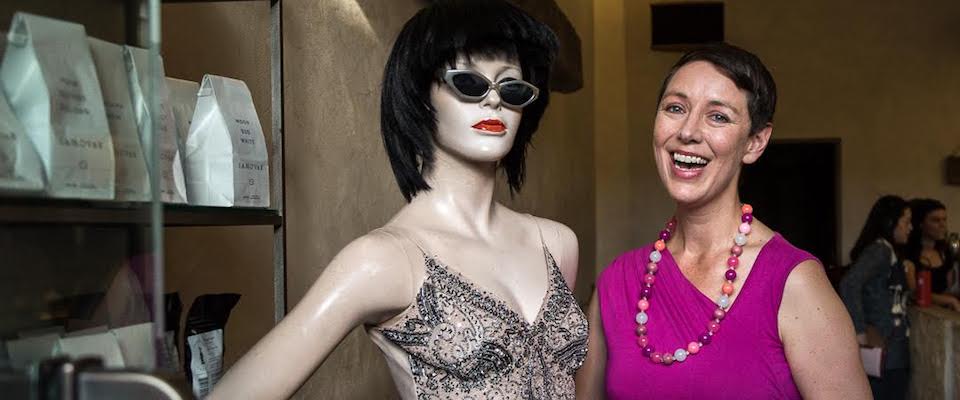The Berkeley researcher’s technology is undergoing clinical trials.
GROWING UP IN THE BURUNDI AND CAMEROON, Dr. Mireille Kamariza, dreamed of becoming an astronaut.
“I had a general curiosity towards nature,” says Kamariza. “I was particularly intrigued by the sky and the stars and the vastness of space. As a result, I had a fondness for science classes.”
Kamariza’s innovation uses a novel molecule she developed that essentially lights up TB bacteria, making the pathogen fluorescent.
While the researcher hasn’t found her way to space (yet), her scientific passions have flourished on earth, helping to tackle a global health crisis. Kamariza is leading the fight against tuberculosis (TB)—prior to COVID-19, the world’s deadliest infectious disease. Today, the Junior Fellow at the Society of Fellows at Harvard is also co-founder of OliLux Biosciences, Inc.—a company dedicated to the development of a reliable and low-cost tool for the detection of TB in communities that are impacted the most.
“As I got older,” she continues, “I refined my interests to more-realistic dreams. Medicine looked like a viable path, but I never considered research as a potential career since I had never seen a Black woman scientist,” she says. “I feel fortunate to have found incredible support at every step of the way.”
Kamariza, who moved to the United States at age 17, started her journey at San Diego Mesa College, then completed her bachelor’s at UC San Diego before earning her master’s at Berkeley and, finally, her Ph.D. at Stanford, where she developed her technology for the rapid diagnosis of TB.
Kamariza’s innovation uses a novel molecule she developed that essentially lights up TB bacteria, making the pathogen fluorescent. As explained in the Harvard Gazette, “researchers only need a microscope and a reagent to see that tuberculosis is present and alive” in a patient’s blood sample.
“Someone once told me success is 90 percent hard work, 9 percent luck, and 0.9 percent madness. It takes a little bit of thinking out of the box in order to achieve something new.”
“Not only is it simpler to use [and] faster to use, but it also can tell you whether the pathogen you have is drug resistant and even what kind of resistance you have,” she told PBS NewsHour in May. For Kamariza, the fight against TB is personal. “I grew up knowing that tuberculosis is a disease that you could die from,” she said. “And it’s a disease that is prevalent in my community.”
According to the World Health Organization, some 10 million people fell ill with TB in 2019 and 1.4 million died, making it “one of the top 10 causes of death and the leading cause from a single infectious agent (above HIV/AIDS)” worldwide.
To save lives from TB, detection is critical. Between 2000 and 2019, an estimated 60 million lives were saved by diagnosis and treatment. But historically, diagnostic tests for TB haven’t been adequate and/or available to those most in need.
Kamariza’s technology is currently undergoing clinical trials. She hopes that it can reach communities in need as soon as possible—but progress has been delayed by the COVID-19 pandemic.
In the meantime, Kamariza hopes her story can inspire aspiring scientists.
Her message for young minds? “Dream big and work hard!” she says. “Someone once told me success is 90 percent hard work, 9 percent luck, and 0.9 percent madness. It takes a little bit of thinking out of the box in order to achieve something new.”
From the Fall 2021 issue of California.




















